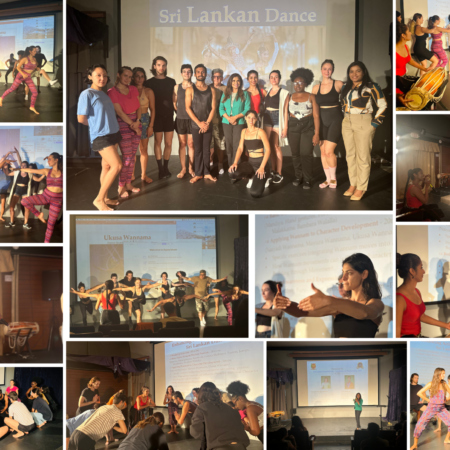The Australian Sports Anti-Doping Authority (ASADA) will give technical expertise and eventually carry out joint research into doping, officials said. “It is critical that we develop our capacities together, we learn from each other and we join forces in the fight against doping,” ASADA chief David Sharp told reporters in Colombo.
Sri Lankan sports authorities are particularly interested in traditional Ayurveda preparations used by some athletes in the island of 21 million.
In 2010 Sri Lankan boxer Manju Wanniarachchi blamed an Ayurveda mixture after he tested positive for a banned steroid and was stripped of his Commonwealth gold medal.
Sri Lankan authorities rejected his explanation.
Sri Lanka’s anti-doping chief Arjuna de Silva said on the sidelines of a two-day Asia-Pacific doping summit in Colombo that many athletes took Ayurveda substances without knowing what was in them.
World Anti-Doping Agency (WADA) chief Craig Reedie said the agency was improving its drug detection armory but still struggled to keep up with dopers.
“I would like to think that with improvements in science and with the improvements in our laboratory systems… we are better at it (detections) year on year,” Reedie said.
WADA director general Olivier Niggli said some athletes mask doping through advanced substances not yet available on the open market.
“What we do to counter that is to have agreements with the pharma industry so that we get access to those products, the new molecules, a few years in advance before they are on the market,” Niggli said.
Courtesy of www.capitalfm.co.ke






















